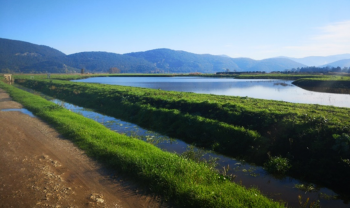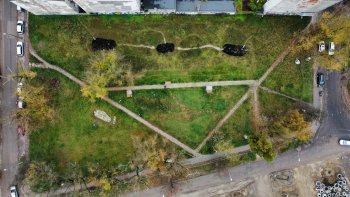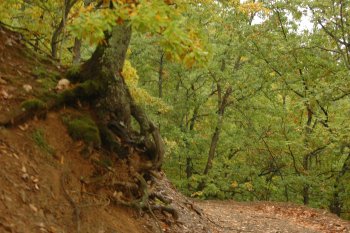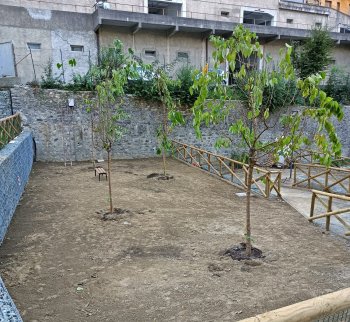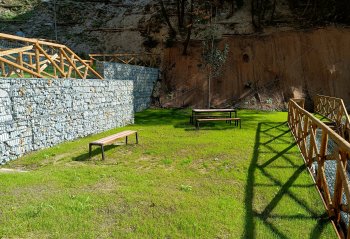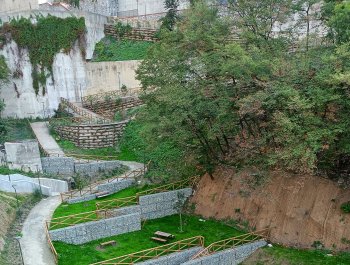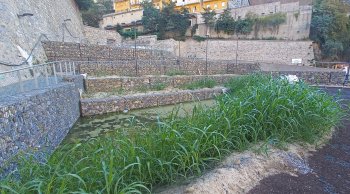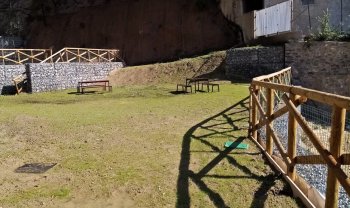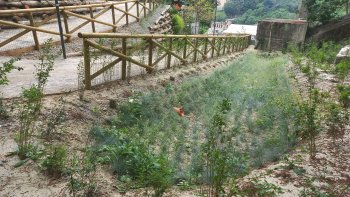Retention/sedimentation basin
The main problem to solve with the implemented NbS measures is the runoff of soil and pollutants from the farmland to irrigation canals and from there to the nearby Lake Massaciuccoli on the Tuscan coast.
Through the H2020 project PHUSICOS sedimentation basin have been implemented to prevent runoff of soil and pollutants from farmlands.

